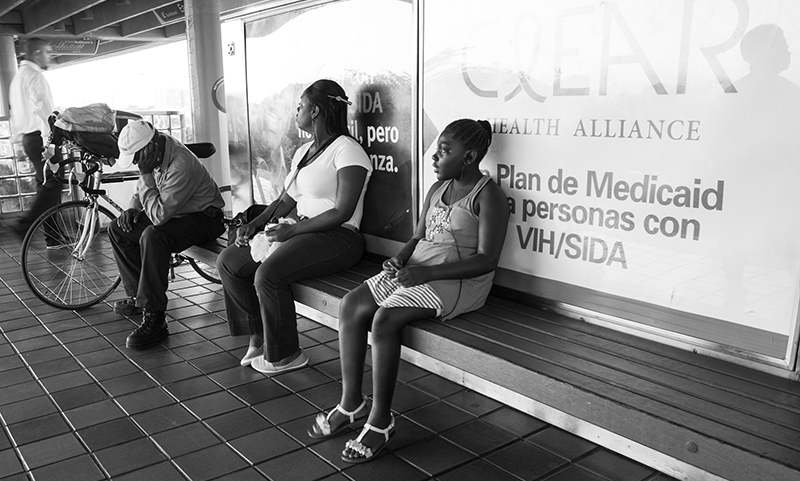Friday, March 08, 2019

On October 10, 2018, the Department of Homeland Security published a draft rule that would significantly change immigration policy around “public charge.” The proposed rule would make it harder for many immigrants to come to the U.S. or get green cards if the government finds that they are likely to use public benefits like Medicaid, Section 8 housing subsidies, and SNAP (food stamps). The proposed rule, although not yet enacted, is causing fear and confusion among current immigrants who are eligible for government benefits. It could deter as many as 26 million people from participating in programs for which they are eligible, with potentially dire consequences for individual and public health.
Social workers, community health workers, and other staff in health and social service settings have a crucial role to play in helping people understand that they can still use their benefits. A new issue brief from the Center for Innovation in Social Work & Health (CISWH) and the Center for Health Law & Policy Innovation of Harvard Law School explains how public charge works now, how it would change if the proposed rule were to take effect, and who would and would not be affected. It also provides tips for how service providers can talk with clients about the rule and their benefits.
The comment period for the proposed regulation ended on December 10, 2018. The Department of Homeland Security is required to review comments before publishing a final rule. If and when a final rule is published, there will be a period of at least 60 days before it takes effect. The National Immigration Law Center is one of many resources tracking the progress of the proposed regulation.
Image credit: Jimmy Baikovicius, Flickr